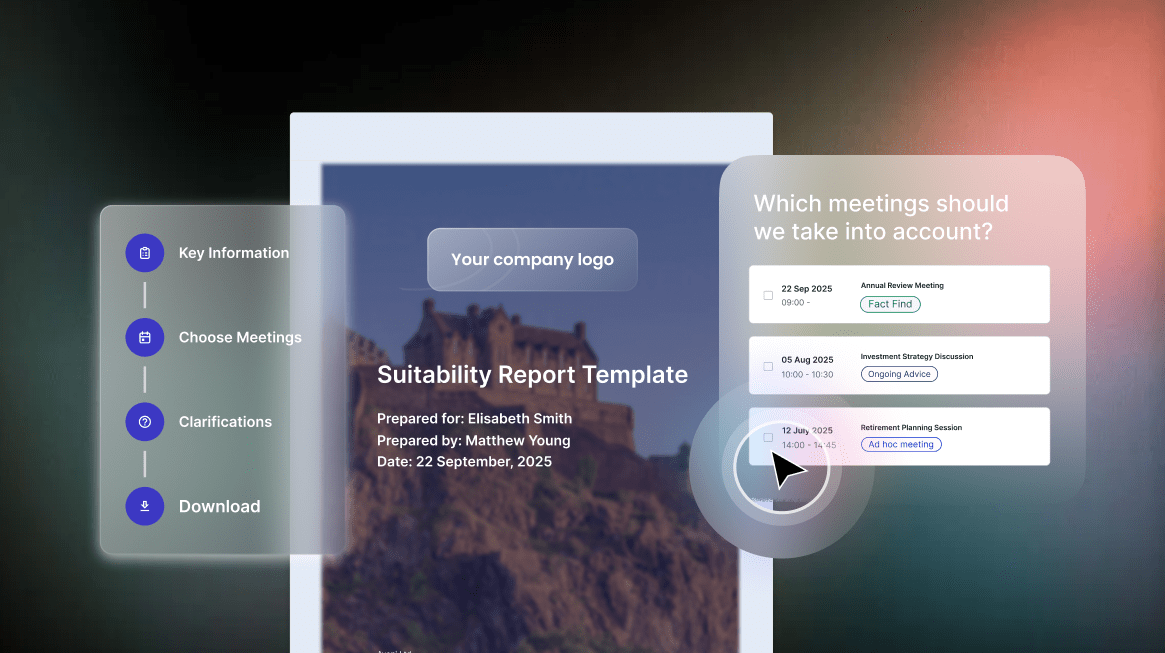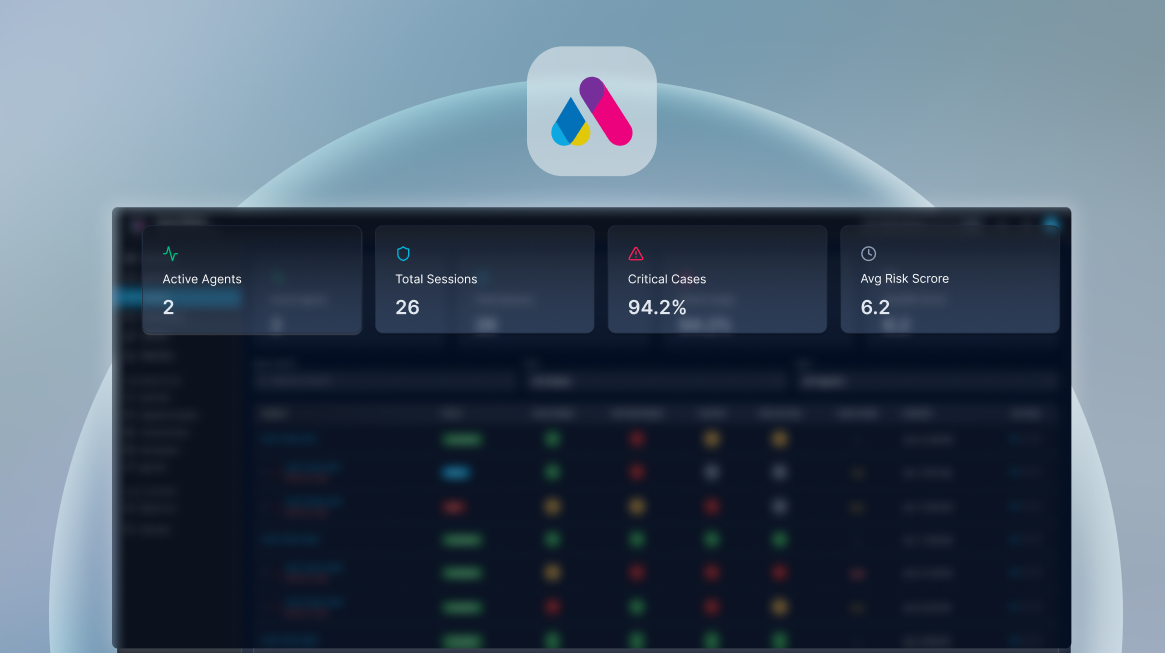Generic AI tools such as CoPilot are not designed for regulated industries. In financial services, this creates serious risks:
-
Compliance gaps with no built-in audits or traceability
-
Data security issues from cross-border processing with limited control
-
Poor transparency as regulators cannot probe black box outputs
-
Knowledge blind spots since models are trained on general internet data, not financial rules
Generic AI tools pose regulatory risk when firms cannot explain their decision-making. Research from Metomic shows 67% of enterprise security teams worry about AI exposing sensitive data, with over 15% of critical files at risk from oversharing and weak permissions.
→ Related: Where audits are going wrong in financial services and how to prevent the same mistakes
Firms adopting purpose built AI report major efficiency gains:
-
Advanta Wealth cut document review time from 30–90 minutes to 10
-
Across 200 adviser networks, reporting tasks dropped from 105 minutes to 15, saving about 15,000 hours and £450K per year
The Business Case: Purpose-Built vs Generic AI
| Business Outcome | Purpose-Built (Aveni) | Generic AI (CoPilot) |
|---|---|---|
| Compliance Readiness | Built-in regulatory frameworks, automatic audit trails | Manual compliance validation required |
| Data Security | UK data residency, financial services encryption | Multi-jurisdiction processing, limited control |
| Implementation Speed | Days with existing templates | Months of prompt engineering |
| Regulatory Transparency | Full traceability to source documents | Black-box responses |
| Domain Expertise | Trained on financial regulations | Generic internet data |
| Enterprise Governance | Central template management, role-based permissions | Limited oversight capabilities |
What Works in Production
Purpose-built AI for financial services must be designed with:
-
Compliance and oversight using pre-execution checks, risk scoring, and human-in-the-loop review
-
Domain specialisation through templates, regulatory training, and financial context awareness
-
Enterprise governance with central content updates, role-based access, and full audit logs
This approach keeps firms in control while reducing risk and enabling scale.
Learn how enterprise AI governance prevents compliance failures before they happen →
Why Aveni Is Built for Financial Services
-
Central governance: Aveni Assist allows firms to manage templates centrally and update content across the business
-
Monitoring and risk detection: Aveni Detect flags compliance issues in conversations, documents, and workflows
→ Related: Six questions every wealth management board should be asking about AI
Build or Buy?
-
Build: Requires heavy investment in prompt engineering, security, and compliance audits. Scale is difficult and results are inconsistent.
-
Buy: Purpose built solutions provide financial expertise, governance, and regulatory safety from day one.
The UK AI White Paper recognises that regulated sectors require sector specific governance. Generic systems are not enough.
Final Thought
Financial firms need AI that is safe, auditable, and built with regulatory standards in mind. Purpose built AI makes it possible to focus on client outcomes rather than constant prompt adjustments.
Next step:
See how Aveni Assist and Aveni Detect deliver compliant, enterprise-ready AI for financial services.









